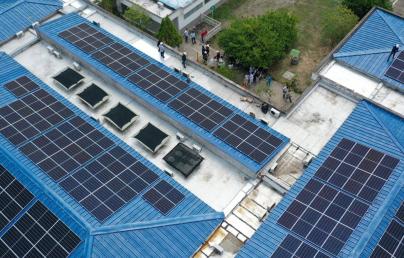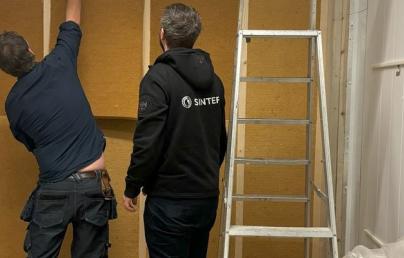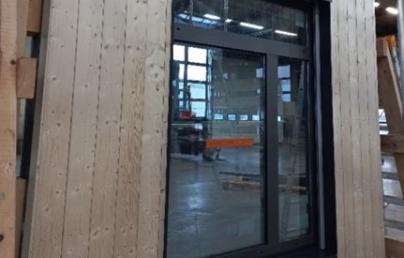
The 27 EU Ministers of Energy agree on a general approach for the revision of the EPBD

The 27 EU Ministers of Energy agree on a general approach for the revision of the EPBD
A general approach has been finally agreed for the revision of the Energy Performance of Buildings Directive (EPBD). Some ambitious targets have been set, such as new buildings being zero-emission by 2030 and existing residential buildings being zero-emission by 2050 following a national trajectory for minimum energy performance standards (MEPS).
The Ministers for Energy in the EU have agreed on a general approach within in the Council of the European Union on the proposal for the revision of the Energy Performance of Buildings Directive (EPBD). This approach sets out the negotiation position of the Council ahead of the inter-institutional negotiations with the European Parliament on the EPBD in the coming months.
While the Council could've been more ambitious in some areas, it still contains promosing parts:
- From 2030 all new buildings should be zero-emission ;
- By 2050 all existing residential buildings should be zero-emission through a national trajectory for minimum energy performance standards (MEPS) of existing buildings, this should ensure a progressive renovation of the building stock to reach zero-emission in that timeline;
- This national trajectory for existing residential buildings would have two control points: by 2033 to reach EPC class D, by 2040 each Member State should have a trajectory for the gradual decrease of primary energy use in their until 2050 for zero-emission;
- For existing non-residential buildings the 15% worst-performing should be improved by 2030, while the 25% worst-performing by 2034;
- Addition of a new category “A0” on the EPCs which corresponds to zero-emission buildings, with the possibility to later add another new category “A+” which would be a positive energy building.
REHVA still have some comments about this.
Read them here.

